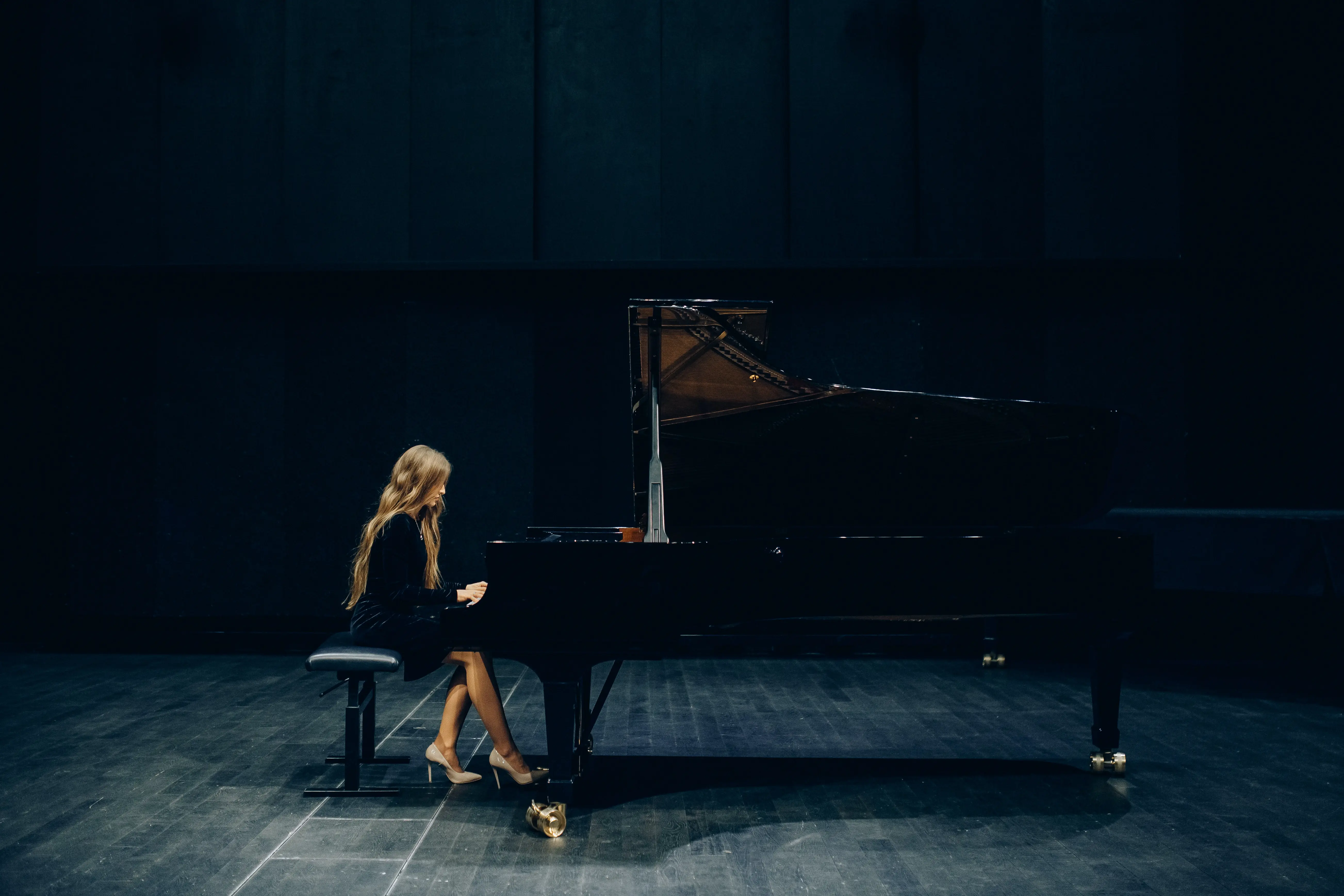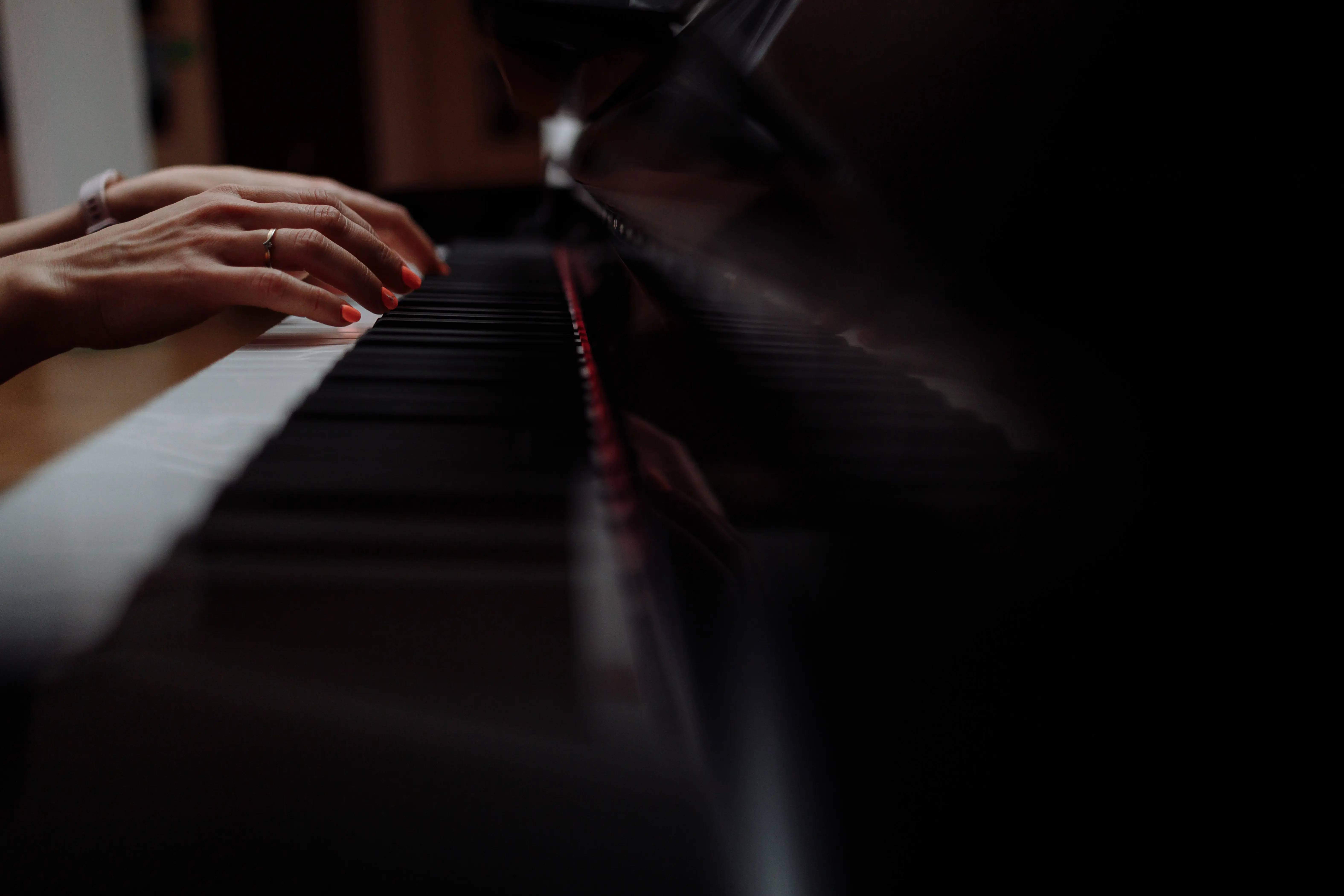Learning a new skill is a lot like riding a bicycle or is literally like riding a bike. It involves overcoming fear, failing multiple times, getting hurt or bruised before finally taking off, and being a master at it. It requires a lot of discipline and dedication, mainly because failure and frustration are part of the learning curve. My journey while learning how to play the piano was no different. It was full of challenges, and I kept telling myself that I would eventually quit. However, I found myself going back over and over, and it was not until recently that I became an expert player.
Every person has their reason to learn new skills; some do it for money and fame, others do it because they are inspired to break the frontiers of knowledge and grace humanity with more books to read. I was neither of those two. I started playing the piano to re-enact the scores in my favourite childhood shows; nostalgia, as good a reason as any. I was going through some videos on YouTube and, by luck or YouTube’s algorithm, stumbled upon a video by a young girl named Yannie Tan. The video was a rendition of the musical score for the hit children’s show Tom and Jerry episode titled Cat Concerto. In this episode, Tom, a tomcat and one of the show’s main characters, is seen playing the Hungarian rhapsody No. 2 by Liszt. The music, albeit beautiful, sounds very complicated, and in all honesty, it is. I watched as Yanni played the music on her piano. It was pretty exciting and entertaining. I remembered how I loved this episode and how the music around it brought the action to life as I grew up. Soon, I was all over YouTube, looking for other piano renditions of my favorite shows and movies growing up. Videos upon videos of pianists playing scores from famous movie soundtracks, television shows, and the more intricate pieces from great composers like Mozart, Beethoven, Choppin, and Liszt. At the end of this 3 am binge, I felt inspired to play these beautiful pieces one day and set it upon myself to begin learning immediately.
I had only a rough idea of how pianos work; pressing the white and black keys made a sound. Easy, right? So I purchased a small keyboard and set myself to learn how to play independently, which was a disastrous flop. I tried looking for tutorials on YouTube, but they could only help me as much as the theory and history were concerned. They were also short and skimmed through surface-level skills, which I did not find satisfying. By the end of the third week, I was already frustrated and saw close to zero progress to the goals that I had set for myself. I was not becoming the pianist I wanted to be. I then decided to look for a tutor to help me achieve my dreams by teaching me how to play.
I know now that it is pretty important to set clear objectives and markers of progress when learning a skill. Setting clear goals makes it easier for the instructor to limit your practice sessions and assignments to only your most essential areas of interest. It is vital that your core objectives remain your core business. Markers of progress I define as the smaller goals that lead up to the main objective. As time progresses, one must be able to gauge progress by accomplishing these smaller goals. So when I started playing, I was lucky enough to find an instructor who asked me these critical questions. At the time, I was skeptical and thought, “Why does she keep on asking me this? We’re wasting time; I should be a professional by now!” But as it turns out, my instructor understood that I would probably quit along the way without setting clear goals and indicators of performance. Seeing my progress was a significant motivating factor for me to continue pushing myself, primarily because of what I had yet to realize until later on in the coming months; the piano is hard.
Within the first and second months, I had to lower the high expectations I had put for myself. I realized that what I wanted to do and what needed to be done to get there was an uphill task that required a lot more time and effort than I had previously anticipated. My instructor did her best to encourage me while urging me to be realistic and not expect too much from myself. She explained that most of the videos I had watched were either from child prodigies or people who were five to ten years ahead of me. They had a wealth of experience and knowledge, which quickly made them among the best in the field. From this experience, I learned how to set realistic timelines. Most of the people we learn from or see doing the things we aspire to do eventually have thousands of hours of practice under their belts, which gives them the confidence and knowledge to execute these tasks almost flawlessly. It is not to say that they do not make mistakes, but they do not let those mistakes weigh them down. They get up and try again.
It was now the fourth month since I started learning piano and practiced two to four hours a day daily. I had gone through the basic introduction and was now stuck at every novice pianist’s nightmare; sight-reading. Sight-reading is what every great composer does. It’s converting sheet music to sound. Sight-reading requires a lot of hand-eye coordination, to the point of seamlessness, where your hand no longer needs impulse from the brain to know which keys to press. When the best pianists are playing, it’s almost as if they’re not even reading the sheet music. There is no thinking involved; it’s pure eye-to-hand impulse.
Sight-reading was a massive challenge for me, despite even my instructor’s encouragement. I could not wrap my head around it. During one of our practice sessions, I recall looking my instructor straight in the eyes one time and said I would not do it anymore. I complained about how no matter how much I tried, I did not get it right. To which she always said, “Keep your eye on the prize. Never forget where you started or where you’re going. Give yourself time, and you will get this right.” which taught me the importance of giving myself time. We are not all equally bequeathed with the ability to grasp knowledge and skill at a whim’s notice. Some are born with the innate ability to be exceptional at whatever they set their hand upon, and as such, are masters at the first try. At the same time, some require more time to look deeply into what they are doing, to take it apart and build it up again, one slow step at a time, until they become masters. Given time, there is no visible difference in skill and experience between these and those who were born to do it—understanding my abilities and giving myself time to learn boosted my confidence and psyched me up to refuse to give up. The contemporary example of soccer players Cristiano Ronaldo and Lionel Messi come to mind. While Lionel Messi was born to play football and was highly skilled from a young age, Cristiano Ronaldo had to work his way to the top, but both are widely respected and honored in the soccer community as the greatest players of our time. I learned that I had to believe in myself, give myself more time, and try again. Eventually, by the sixth month, I was able to sight-read with mild ease. By the first year, it was easier to sight-read easy pieces like Beethoven’s Fur Elise.
Learning a new skill is never easy, and it requires breaking old habits and trying new ones, which psychology has proved time, and again, our minds are entirely against. Therefore, to help form new habits, I can summarize my learning process to seek the right mentorship, set clear goals, be realistic, understand capabilities, and never give up. There’s a paradox in knowledge, wherein the more you know, the more you realize you don’t know. The more I learn about music and the different techniques that exist, the more I realize how many things I am yet to learn, but I am grateful for the journey and what it has taught me.









